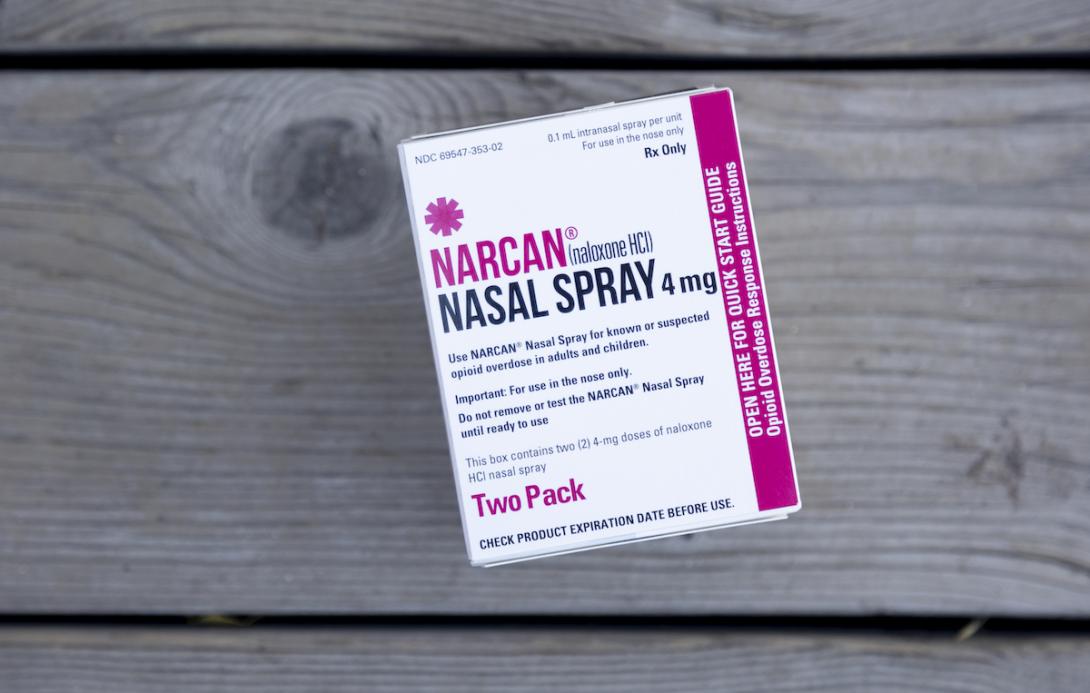
The state Senate on Thursday passed a bill backed by Gov. Tina Kotek that would give patients with a history of opioid use increased access to overdose reversal medications when they leave hospitals and other care settings.
Senate Bill 1043 would require hospitals and other providers like residential care homes to give patients two doses of the medication when they leave the facility if they have a history of opioid use or a prescription to an opioid medication.
The Senate vote was unanimous, with three absences. The bill still faces a vote in the House.
The proposal comes amid a deadly opioid addiction crisis in Oregon. In 2021, 739 Oregonians died from unintentional opioid overdoses, up from 472 deaths in 2020 and 280 deaths in 2019, according to Oregon Health Authority data. Naloxone, also sold under the brand name Narcan, can reverse an opioid overdose within three minutes. Sometimes more than one dose is needed.
“As we know, drug abuse and overdose rates have skyrocketed over the last few years in Oregon and across the country,” said the bill’s sponsor, Senate President Rob Wagner, D-Lake Oswego.
Wagner introduced the bill to the Senate on behalf of Kotek, who requested the measure.
“This is not a magic cure, but it will save lives,” Wagner said.
The bill would apply to various providers, including those that offer addiction treatment, hospitals, long-term care facilities, residential care facilities and outpatient clinics.
Senate Republican Leader Tim Knopp of Bend said the bill is important and will save lives but stressed he’s opposed to the state’s other policy shifts that decriminalize drugs.
“In many ways, this feels like putting a Band-Aid on a bullet wound because drug policy in this state is out of control,” Knopp said.
A separate proposal, House Bill 2395, seeks to address the opioid overdose epidemic by making naloxone kits more widely available in different settings, including public buildings, schools and for first responders. For example, paramedics, firefighters and police officers could give naloxone kits to drug users or their family to use in the future. Public school employees could administer naloxone to a student during an overdose and have immunity from lawsuits and criminal charges.
That bill, sponsored by Rep. Maxine Dexter, D-Portland and a physician, has passed the House and is now in the Senate.